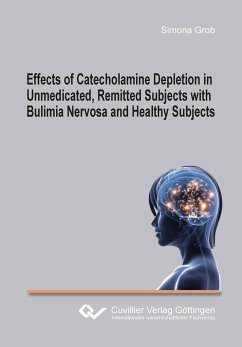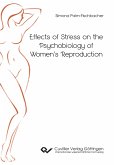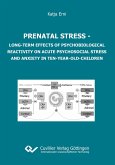This thesis consists of two reports focusing on the role of catecholaminergic function in the pathophysiologic mechanism of bulimia nervosa (BN). The study presented in Report 1 and in Report 2 is the first, to our knowledge, that applied the paradigm of catecholamine depletion in unmedicated remitted female subjects with bulimia nervosa (rBN) and healthy controls. In Report 1 the aim of the study was to examine a hypothesized catecholaminergic dysfunction in the pathogenesis of BN by assessing behavioral effects of catecholamine depletion in rBN. Report 2 investigated whether responses of the brain reward system using a probabilistic reward task differ between remitted female subjects with BN and healthy female controls following catecholamine depletion. Our findings support the notion of catecholaminergic dysfunction as a possible trait abnormality in BN. Moreover our results support the belief of a disturbance of the central reward processing system in rBN related to altered brain catecholamine levels.








